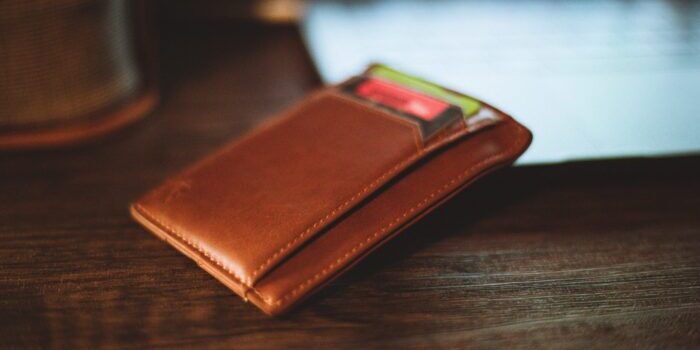What exactly are e-wallets?
E-wallets are wallet that we keep digitally whether it be on our phones or computers that enables the user to make monetary transactions in a completely electronic form. Mobile payments, such as Apple Pay, and online transactions are examples of using an e-wallet. This form of payment is becoming increasingly popular throughout the world as a convenient way to make transactions.
E-Wallets store more than your bank information. These wallets are becoming so popular because of their convenience. Part of that convenience includes storing other typical wallet information such as your driver’s license, health insurance information, identification, and even store loyalty cards. All this is kept right on your phone.
When stores accept e-wallet payments, the information is accessed by a near field communication (wireless communication – NFC). The information can then be used to purchase, as well as preform convenient credential authentication such as in the case of verifying a customer’s age for buying alcohol. E-wallets make online purchases much easier and eliminate frustration, as well. Plus, they’re renowned for their safety because you don’t ever need to share personal information such as a credit card number.
However, not all digital wallets are equal
When deciding which one is best for your own personal needs, there are some things to consider.
1.) Transaction Fees: Not all wallets are free. Some charge a percentage of every transaction and some charge a flat fee from the retailers you’re shopping with. If you’re a company, it’s important to do your research on how e-wallet fees will affect you. If you’re just using an e-wallet for personal use, no worries. Most e-wallets don’t charge a transaction fee.
2.) Convenience: While e-wallets are made with convenience in mind, not all succeed. If a wallet is making your checkout process more complicated, it may be time to ditch it in favour of a more optimized option. Your transactions should be quicker, easier, and more direct with an e-wallet. Otherwise, what’s the point?
3.) Security: It’s important to look for an e-wallet service that is verified for meeting data security standards. If it’s not, you risk losing your hard earned money to theft and immoral business practices. A good standard to use to verify an e-wallet service for security is looking for a “PCI SSC” marking. These are standardized guidelines that retailers are required to adhere to.
What kind of e-wallets we recommend
If you’re looking for some e-wallets that check all the boxes, some wallets that are certainly worth your time are: Neteller, Skrill, and ecoPayz. These e-wallets are reliable, trustworthy, and using them you can get an excellent detailed service for money transfers.
EcoPayz has been around the longest of almost any e-wallet in the world, and Skill isn’t that far behind it. EcoPayz, though, is not as popular among the individual user because their affiliate program had, until recently, been quite restrictive and wasn’t common among merchants.
All three offer VIP programs, money transfers (though ecoPayz doesn’t charge a fee for peer-to peer transactions), and prepaid MasterCards. However, the industry of digital wallets and mobile payments is constantly evolving. Even ecoPayz has been changing and growing since they’ve decided to expand into new affiliate programs and open their doors to more merchants. New tech and ideas are hitting the market all the time, including some with rewards such as Apple’s idea of giving perks for watching ads. It’s important to keep up with these innovations to know which e-wallet is best for you.

